Key Dates
Next Grant Round:
Applications for funding will open early 2025.
> Information about our Grants Program
Independent Grants Panel:
Results of the recent EOI will be notified Dec 2024.
> Information about our Panel
We can help: grants@accan.org.au
or phone 02 9288 4000
Subscribe to Grants Program mailings
ACCAN is delighted to award Andrew a Life Membership of ACCAN. Andrew has been a life-long champion for people with disabilities, particularly the deaf and hard of hearing.
He has brought that commitment to consumers through his early involvement with ACCAN’s predecessor organisation CTN, and his support for over the years to ACCAN.
He has been an exceptional contributor to ACCAN campaigns and policy work and an outstanding advocate for people with disabilities in a number of CTN and ACCAN fora, and an outstanding advocate on the many committees and panels he has participated in. He brings to ACCAN a wealth of knowledge and experience on people with disabilities, particularly the deaf and hard of hearing that include:
- His involvement in drafting the first disability standard on acoustic coupling;
- His involvement with Print-a-Call and later, establishment of Hearing Connections in the provision of both assistive devices and advice on their use
- His championing the issues of the compatibility of hearing aids with mobile phones and later, of the compatibility of TTYs with the NBN
- His involvement with ACCAN’s Accessible Telecoms Project
ACCAN, its members and so many of the consumers we serve owe a huge debt of gratitude to Andrew for his knowledge, his expertise and his commitment to people with disabilities. We are proud to name Andrew Stewart as a Life Member of ACCAN.
Nigel Waters has been both an individual member of ACCAN and an organisational representative for the Australian Privacy Foundation. Nigel was elected to the ACCAN Board in 2012 and continued as a Director until 2017. He was also a Board member of the Australian Privacy Foundation for many years and represented Privacy International at meetings of the APEC Privacy Subgroup and other international fora. Using the expertise he gained as deputy Australian Federal Privacy Commissioner from 1989-1997, and before that Assistant UK Data Protection Registrar, Nigel has continued to advise and support communications consumer advocacy in Australia for many years. He has represented consumers on numerous Industry Code Working Committees and supported the development of countless ACCAN policy positions and submissions on all kinds of emerging privacy issues. He has mentored consumer representatives and ACCAN policy staff. Nigel has also assisted ACCAN interns with research projects covering topics from digital footprints and surveillance to use of biometric data. Nigel has a long-term commitment to improving the privacy protection for all consumers.
Robin Wilkinson’s contribution to consumer representation in telecommunications has been extensive over a 30-year period. As a founding member of ACCAN, Robin has been a supporter of the organisation since its inception.
Robin was also a member of the Consumers’ Telecommunications Network (CTN) Board from the outset of the organisation’s establishment in 1990. After being Deputy Chairperson for many years, she was elected CTN Chairperson in 2004 and held the position until 2007. Representing Tasmanians with Disabilities, Robin was an active member on the Telstra Consumer Councils and the Optus Consumer Liaison Forum.
In her advocacy on behalf of consumers, Robin focused on accessible communications equipment, emergency services, and priority assistance. Her extensive expertise in consumer education meant she was actively involved in working with the regulator, AUSTEL on an extensive re-numbering initiative of all phone numbers in Australia between 1994-1998.
Robin is also known for her promotion of the rights of people with disabilities in communications, leading to international recognition of the work of the CTN and consumer representation in Australia. She sought to build an understanding of universal design principles and the value of consumer consultation in product design and development. Notably, she was a member of the Australian delegation to the 10th Global Standards Collaboration (GSC) meeting in Nice, France in 2005 and the 11th GSC meeting in Chicago, USA in 2006 where she gave presentations to leading engineers and regulators from around the world.
Robin was responsible for ensuring inclusive practices at CTN, and this approach was the basis for the participatory culture that is now a part of ACCAN’s DNA. As a consumer representative Elder, Robin was honoured as a special guest at the ACCAN m-Enabling Conference in 2013 in Sydney. Since then, she has continued to mentor and support ACCAN staff who value her extensive knowledge and history on consumers’ accessibility and telecommunications needs for many years. Her approach of “nothing about us without us” is now embedded in the approach to consumer advocacy in communications in Australia.
The supporters of No Australian Left Offline want affordable broadband. Affordable broadband is a home internet service that enables all Australians to be online regardless of their personal circumstances or where they live, without putting them into financial stress.
With all Australian government services to be available online by 2025, it’s more important than ever that there is No Australian Left Offline.
Over one million Australians will continue to have access to essential government services with affordable broadband.

The benefits of this Federal budget neutral policy

Economic benefits of affordable broadband
- Approximately $20 billion saved through move to online services
- Stronger economy: increases in average incomes of 0.85% per person
- New business & employment: up to 5400 businesses formed + an additional 3400 to 6400 self-employment opportunities in areas with high NBN rollout
- Increased tax revenue through higher economic activity, and reduced unemployment
- Reduced cost & barriers to access for households when accessing essential services, particularly for Australians in regional and remote areas
Without affordable home broadband
- 1 Million+ low-income households at risk of not switching over to NBN
- Children struggle to complete homework and keep up at school
- Young people can’t prepare for the post-school world of further training, education or employment
- Job Seekers find it difficult to get jobs and training to lift themselves and their families out of poverty
- Elderly or less mobile people find it harder to access support services and overcome social isolation
In Australia there are one million households that are at risk of not switching over to the NBN because of the cost. This limits the opportunities of these households, and threatens the underlying economics of the NBN by reducing take-up of services. Reduced take-up means lower NBN revenues and reduced capacity to provide a return to government.
How can we achieve affordable broadband?
ACCAN proposes a 50 mbps unlimited broadband service offered at a wholesale price of $20 per month by NBN Co to households receiving government financial support.
This would mean eligible households would pay approximately $30 per month for unlimited broadband – almost halving the current average cost.
We estimate that providing this concession to the 1 million + households on the lowest incomes can be Federal budget neutral, and support these households to be connected.
Downloads:
Download: ![]() No Australian Left Offline - Policy document97.5 KB
No Australian Left Offline - Policy document97.5 KB
Download: ![]() No Australian Left Offline - Policy document752.71 KB
No Australian Left Offline - Policy document752.71 KB
Download: ![]() No Australian Left Offline - Affordable Broadband for the regions102 KB
No Australian Left Offline - Affordable Broadband for the regions102 KB
Download: ![]() No Australian Left Offline - Affordable Broadband for the regions759.57 KB
No Australian Left Offline - Affordable Broadband for the regions759.57 KB
Download: ![]() No Australian Left Offline - Media release3.1 MB
No Australian Left Offline - Media release3.1 MB
Download: ![]() No Australian Left Offline - Media release982.99 KB
No Australian Left Offline - Media release982.99 KB
Download: ![]() A3 colour brochure2.2 MB
A3 colour brochure2.2 MB
Supporters of No Australian Left Offline
This email address is being protected from spambots. You need JavaScript enabled to view it.


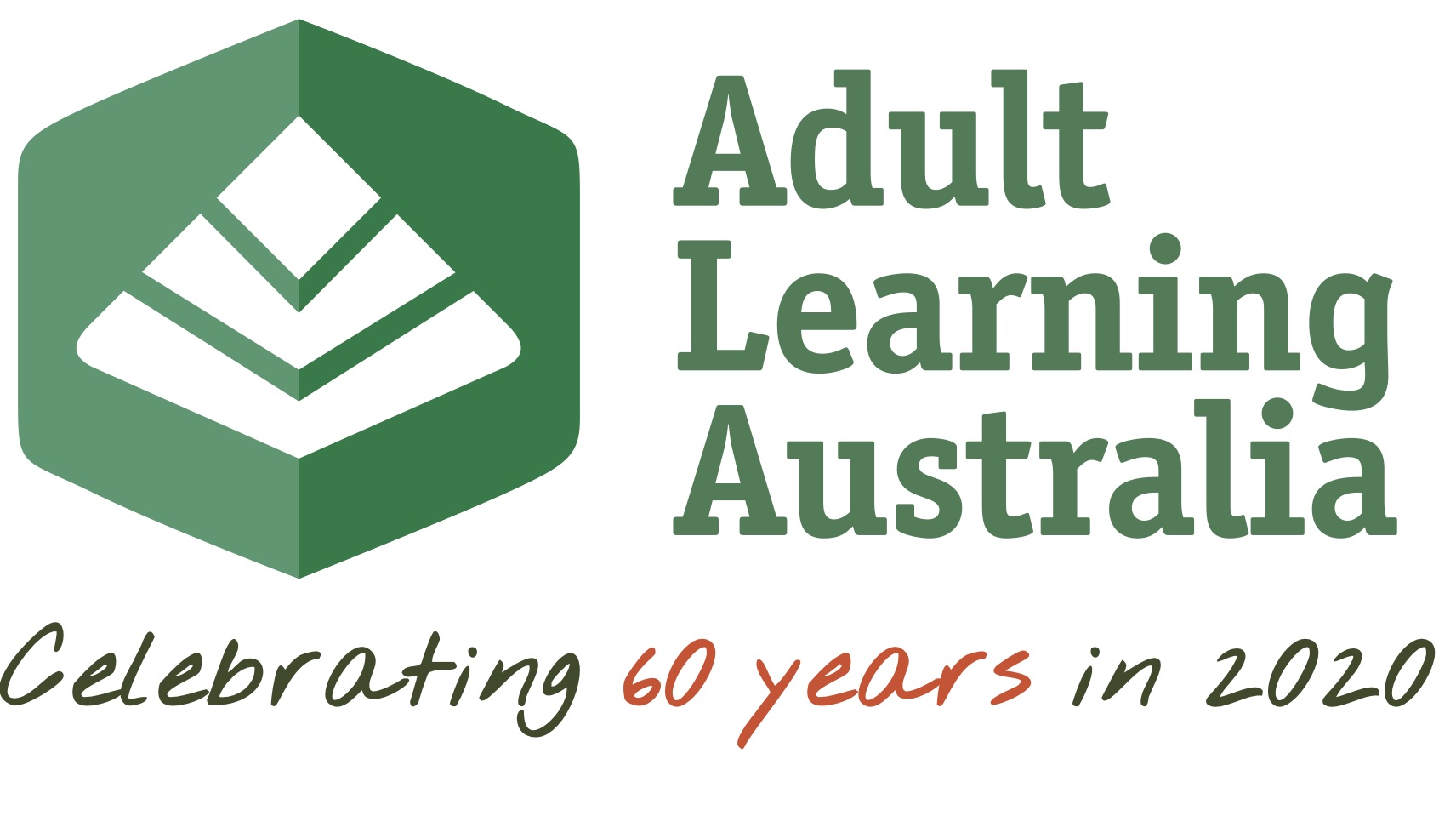
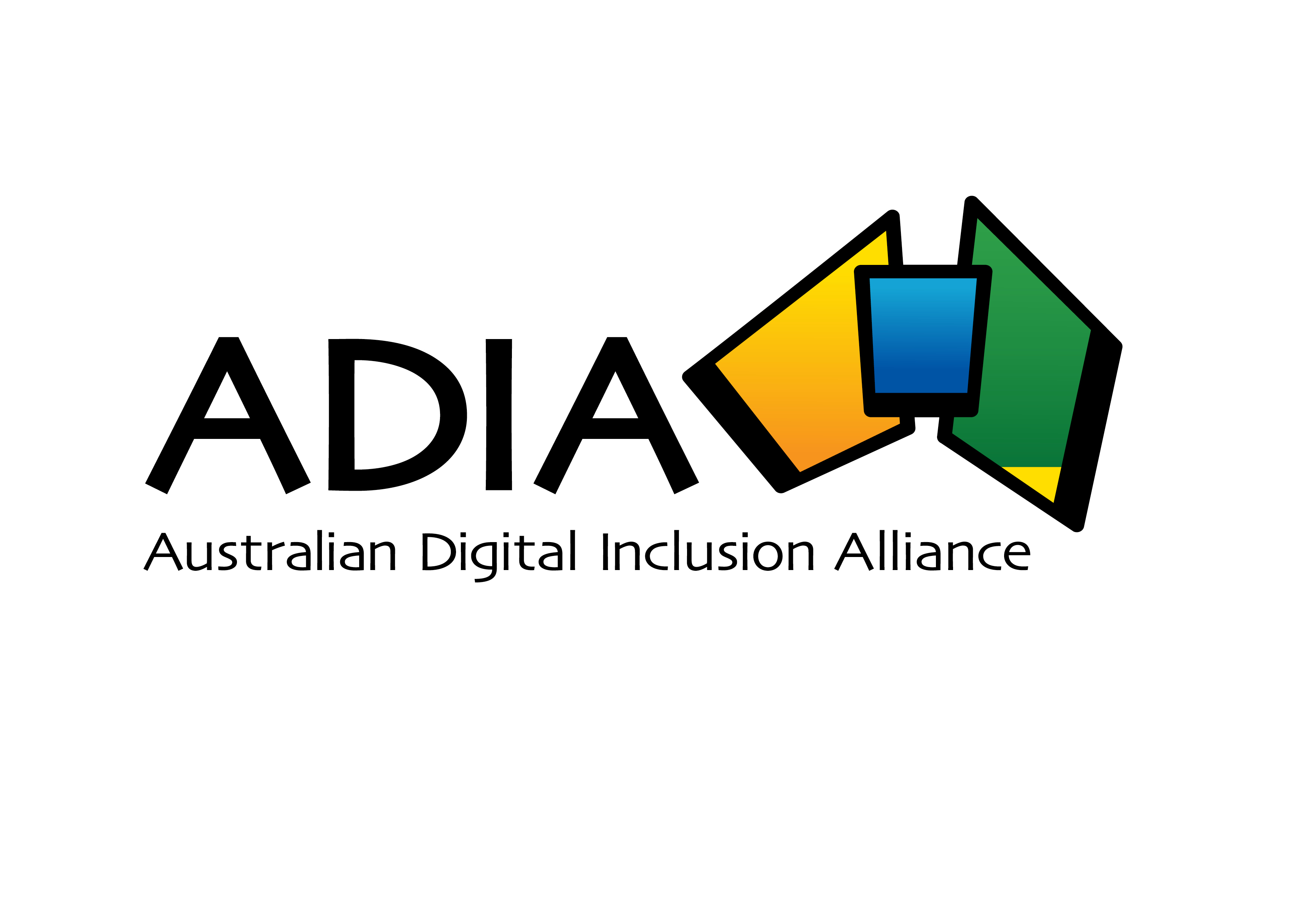


![]()
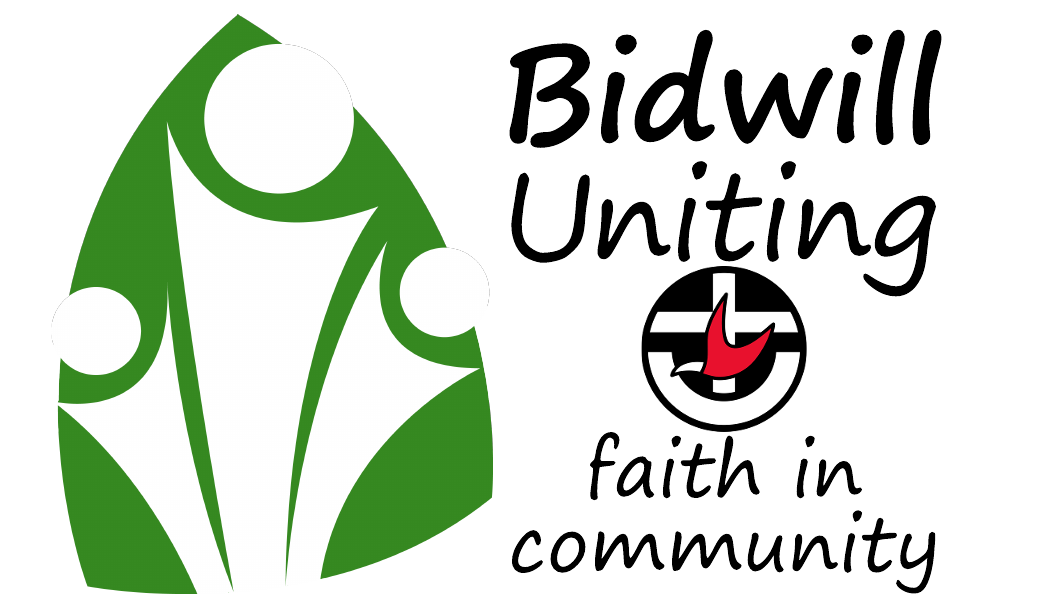
![]()
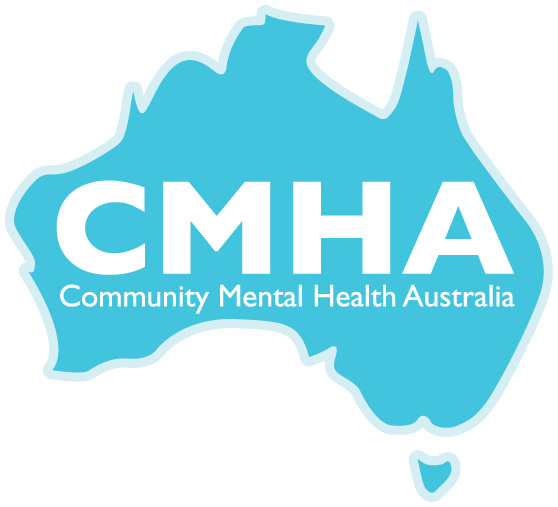
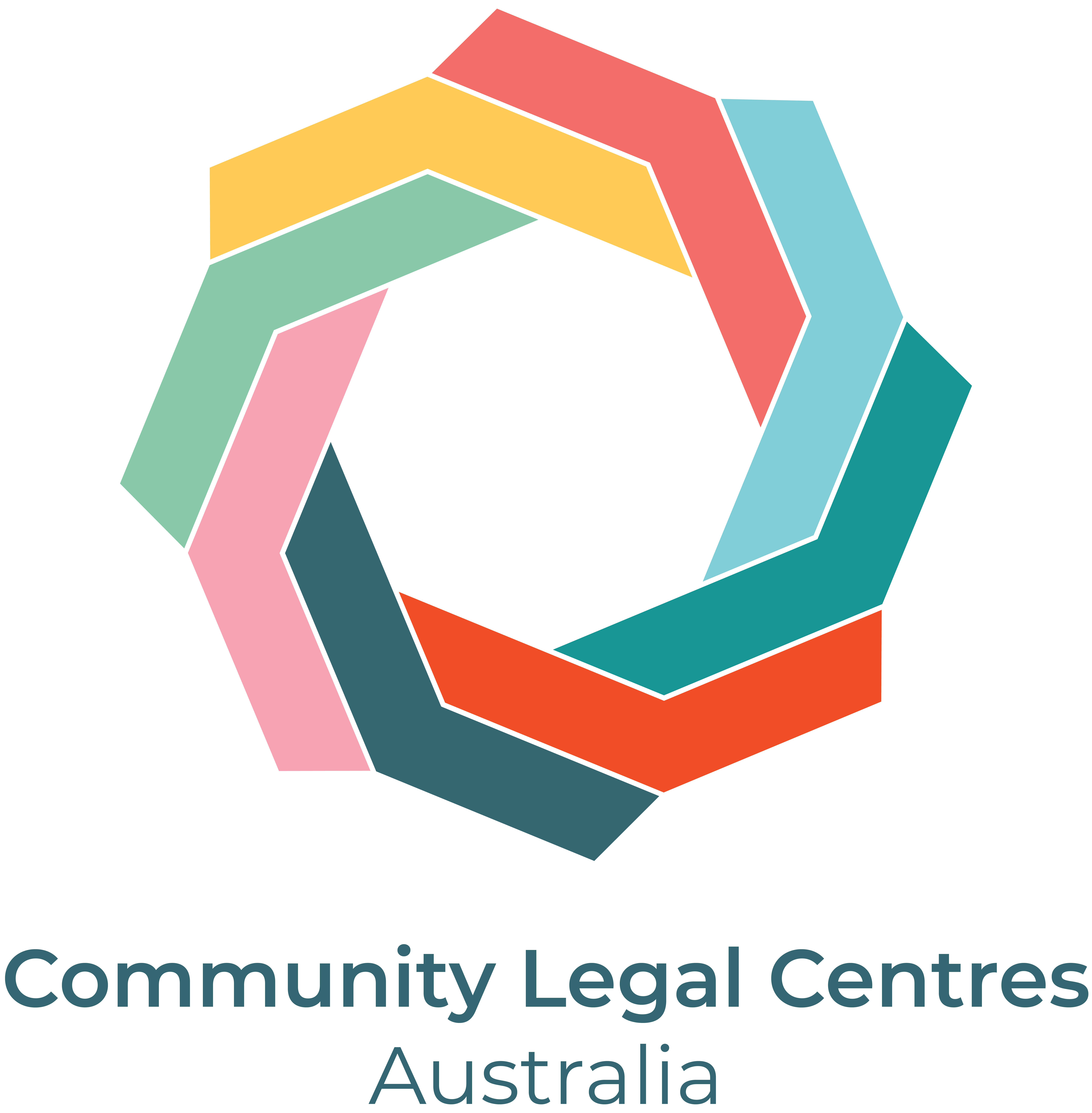
![]()
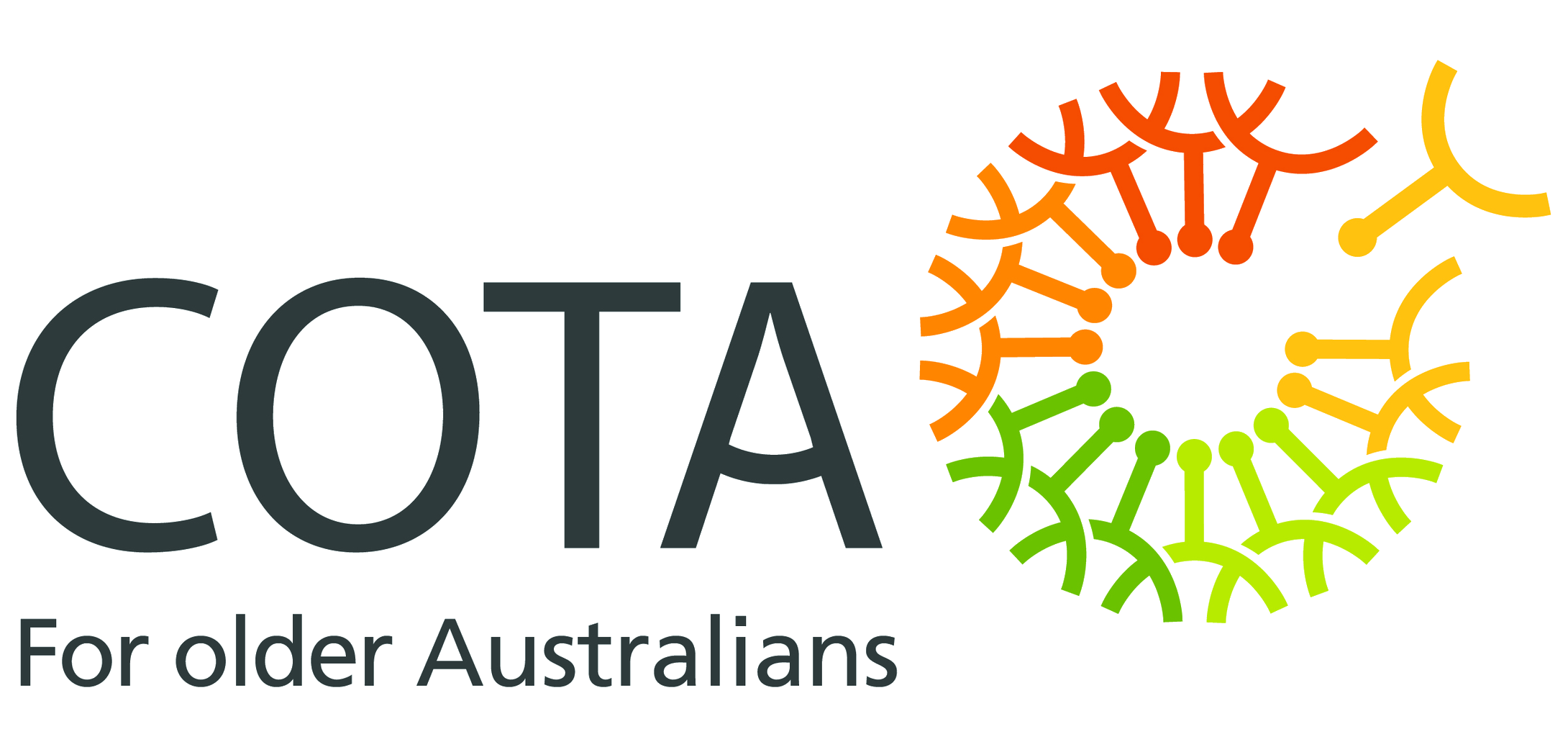



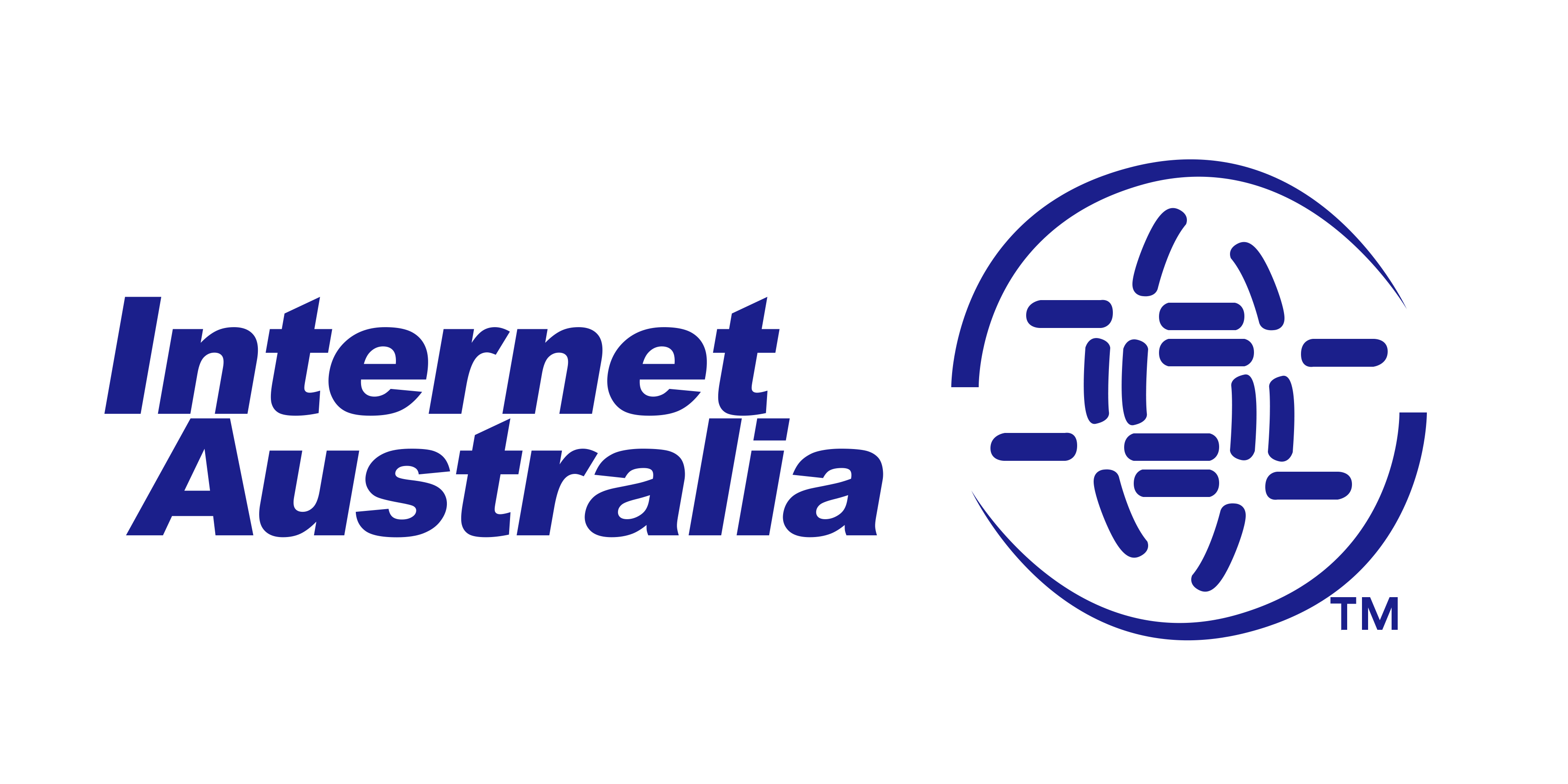

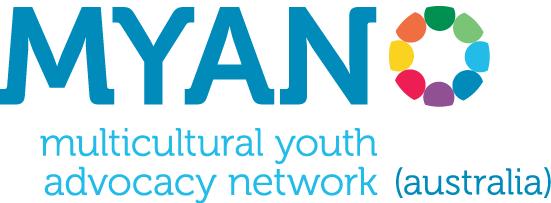
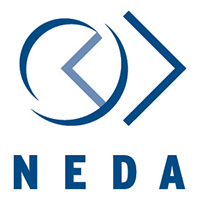

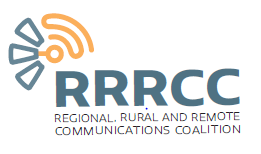
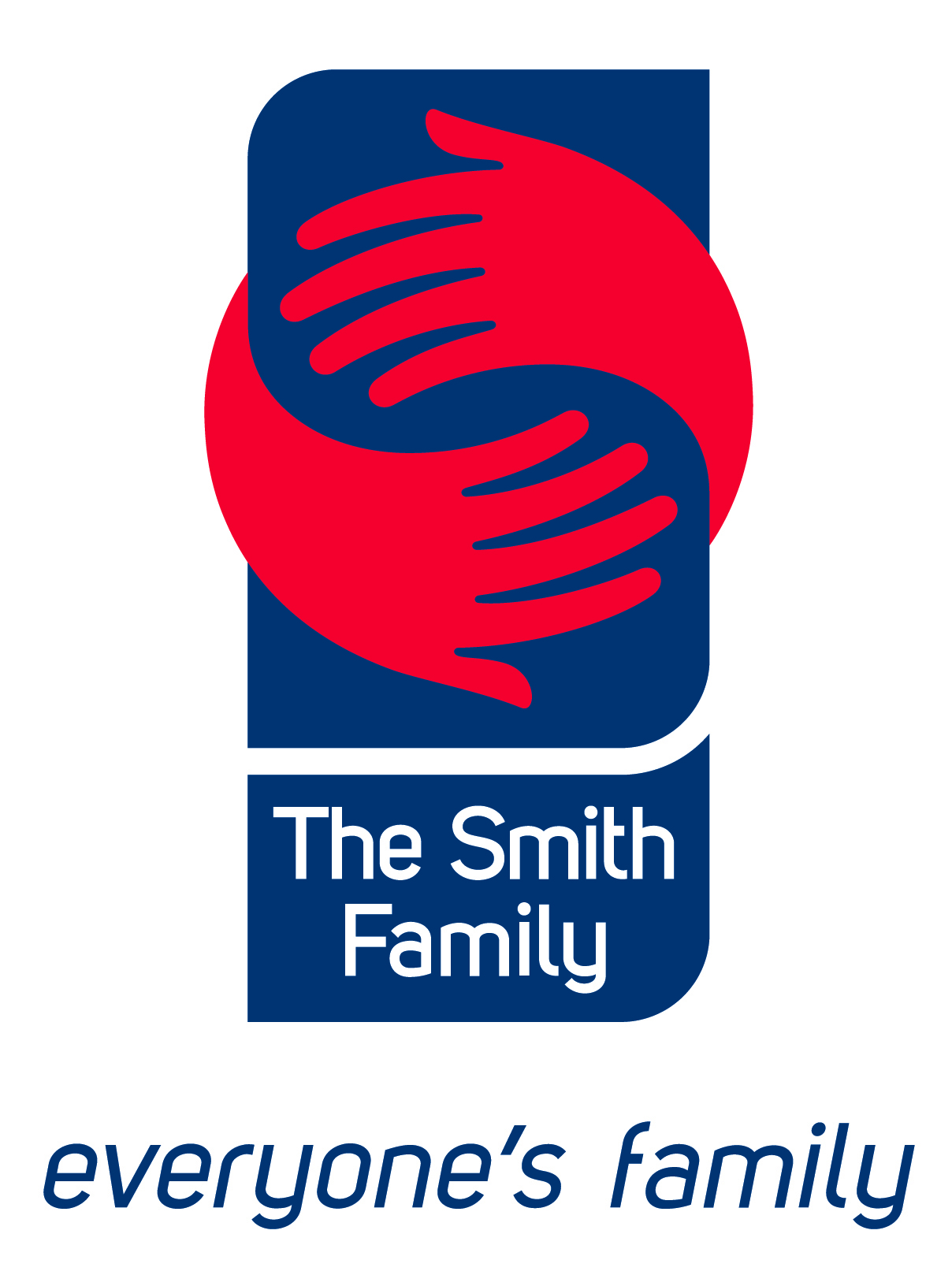
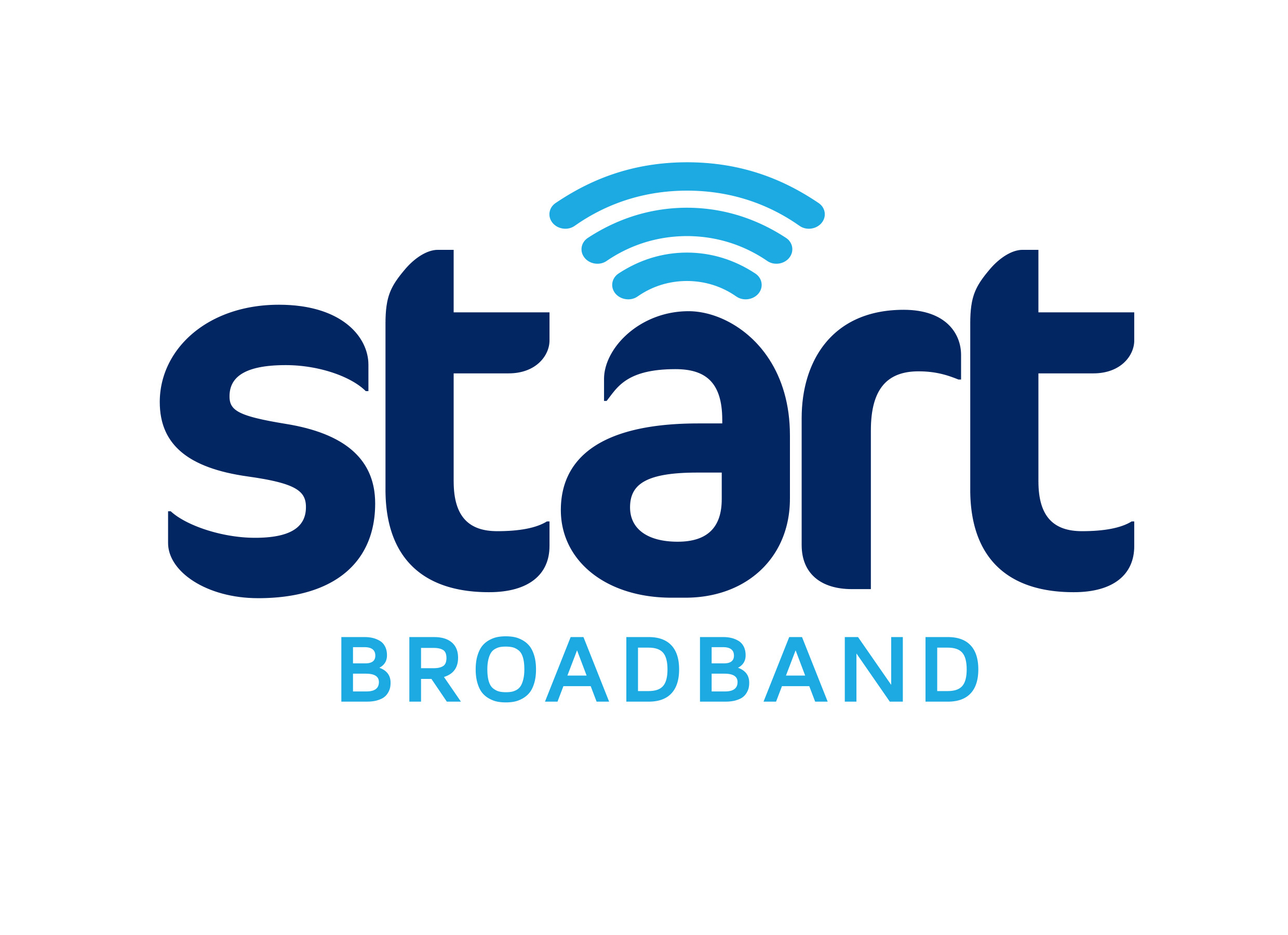





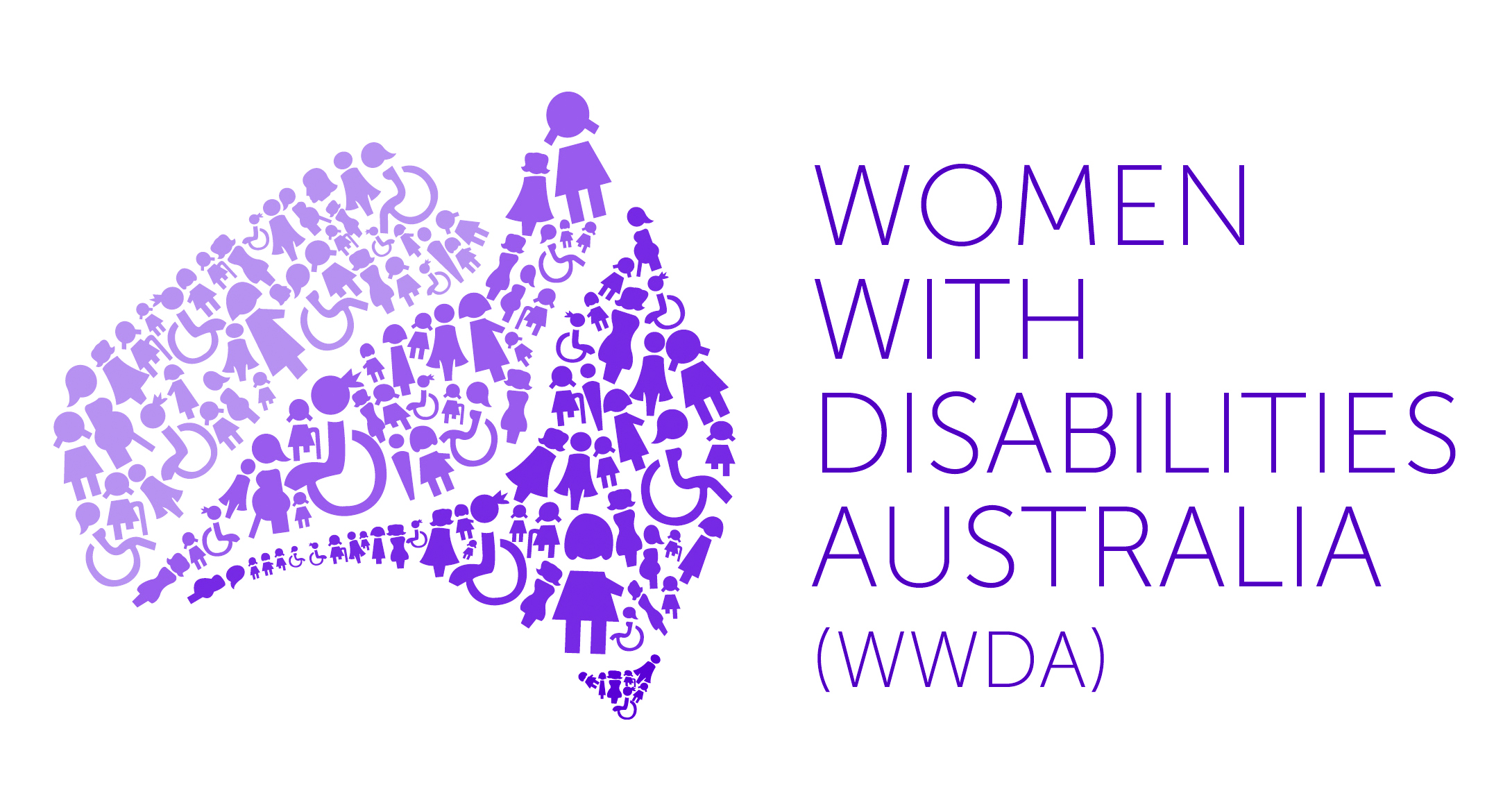

ACCAN’s Consumer Engagement with the NBN
Starting in October 2024, ACCAN began a new project to make sure the NBN works better for consumers. Thanks to a $2.56 million grant from the Australian Government, we are scrutinising how the NBN operates and spends its funds.
What does this mean for you?
- More say in how the NBN is run: we’re involved in high-level discussions making sure consumer voices are heard when decisions are made about NBN spending and services
- Better services and fairer prices: we’re advocating for better service standards and NBN Co to cut unnecessary costs, which can lead to lower prices for consumers in the long run.
- Ensuring value for money: The NBN is a huge investment and forecast to collect and spend $110 billion by 2040. We’re working to make sure your money is spent wisely.
How it works:
- NBN Co is now required to subject all spending proposals to oversight by consumers and industry.
- We’re part of a consumer panel, known as the Regulatory Proposal Forum, to review these plans and make sure they benefit all Australians.
- NBN Co will submit its detailed expenditure proposals by 2 July 2025 and a final decision will be made by the ACCC by 30 June 2026.
- The proposal will cover NBN revenue, pricing and service levels through 1 July 2026 to 30 June 2029.
Why it matters:
- The NBN is a vital service, and we’re dedicated to making sure it’s reliable, affordable and meets the needs of Australians.
Want to learn more?
Read our public submissions on NBN Co’s economic plans:
Read our progress reports:
Write comment (0 Comments)The opinion piece below was written by ACCAN CEO Carol Bennett for the Canberra Times and Australian Community Media. It was originally published on 24 March 2025.
When our phones and internet are knocked out in natural disasters - such as occurred in the recent cyclone and flooding in northern NSW and south-east Queensland – it’s not just inconvenient, it puts lives at risk. Being disconnected makes it difficult to know what is happening, seek help – or even to offer help - support others and reassure family and friends.
Read more: Communications are critical: So why is the fox in charge of the henhouse?
Write comment (0 Comments)The opinion piece below was written by ACCAN CEO Carol Bennett for The Canberra Times and Australian Community Media. It was originally published on 29 January 2025.
One of the most important bills to come before the Federal Parliament prior to the looming election will be a proposed framework for preventing scams.
Ahead of the parliamentary debate there seems a lot of discussion about ensuring there are adequate protections - but for who?
Read more: New anti-scam laws are a rip off, unless you're a bank or big business
Write comment (0 Comments)Australians deserve communications and digital services that are affordable, reliable, and deliver on their promises. Rising costs, a lack of transparency, and inadequate consumer protections are leaving many behind. We're campaigning for a fairer communications market, where everyone can afford to stay connected and digital platforms are held accountable. It's time for real action to ensure access to essential communication services isn't a privilege, but a right.
Read more: A fairer future for communications
Write comment (0 Comments)The opinion piece below was written by ACCAN CEO Carol Bennett for the Canberra Times. It was originally published on 13 December 2024.
Australians will go to the polls in the first half of next year with the cost-of-living crisis dominating the political agenda.
The skyrocketing costs of essentials have hit people hard. The housing crisis has sent rents spiralling, and supermarkets have been accused of price gouging on essential food items. The eye-watering cost of electricity and other utilities is also hitting hard.
Read more: Essential communications unaffordable for too many
Write comment (0 Comments)The opinion piece below was written by ACCAN CEO Carol Bennett for the Sun Herald. It was originally published on 28 November 2024.
Imposing a ban on social media for those under 16 years of age won’t be simple and it certainly won’t be a silver bullet. But it is the right thing to do.
The government’s proposed ban has polarised policymakers, the media and experts. It has also become a 'play thing’ of the politicking that is now reaching a new levels as we approach an election in early 2025.
Read more: Four reasons for the social media youth ban
Write comment (0 Comments)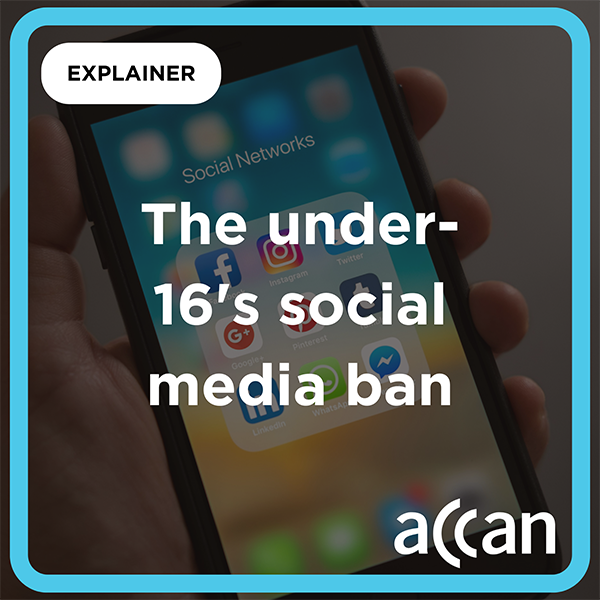 Background
Background
The government has proposed banning Australian children under the age of 16 from using social media platforms. If passed, children would no longer be able to use platforms such as:
- X (formerly Twitter)
- TikTok
- Snapchat
Read more: The under-16’s social media ban
Write comment (0 Comments) The opinion piece below was written by ACCAN CEO Carol Bennett for the Canberra Times. It was originally published on 13 November 2024.
The opinion piece below was written by ACCAN CEO Carol Bennett for the Canberra Times. It was originally published on 13 November 2024.
Australian consumers can be forgiven for feeling angry and disgusted at the behaviour of Australia's second-largest telco - Optus - for mis-selling products to vulnerable consumers.
Australia's consumer watchdog has launched court action alleging that Optus rorted consumers by pushing the sale of products they did not want, need or understand, and pursued many for debts resulting from these sales.
Read more: Internet and phone access can be a matter of life and death
Write comment (0 Comments)



